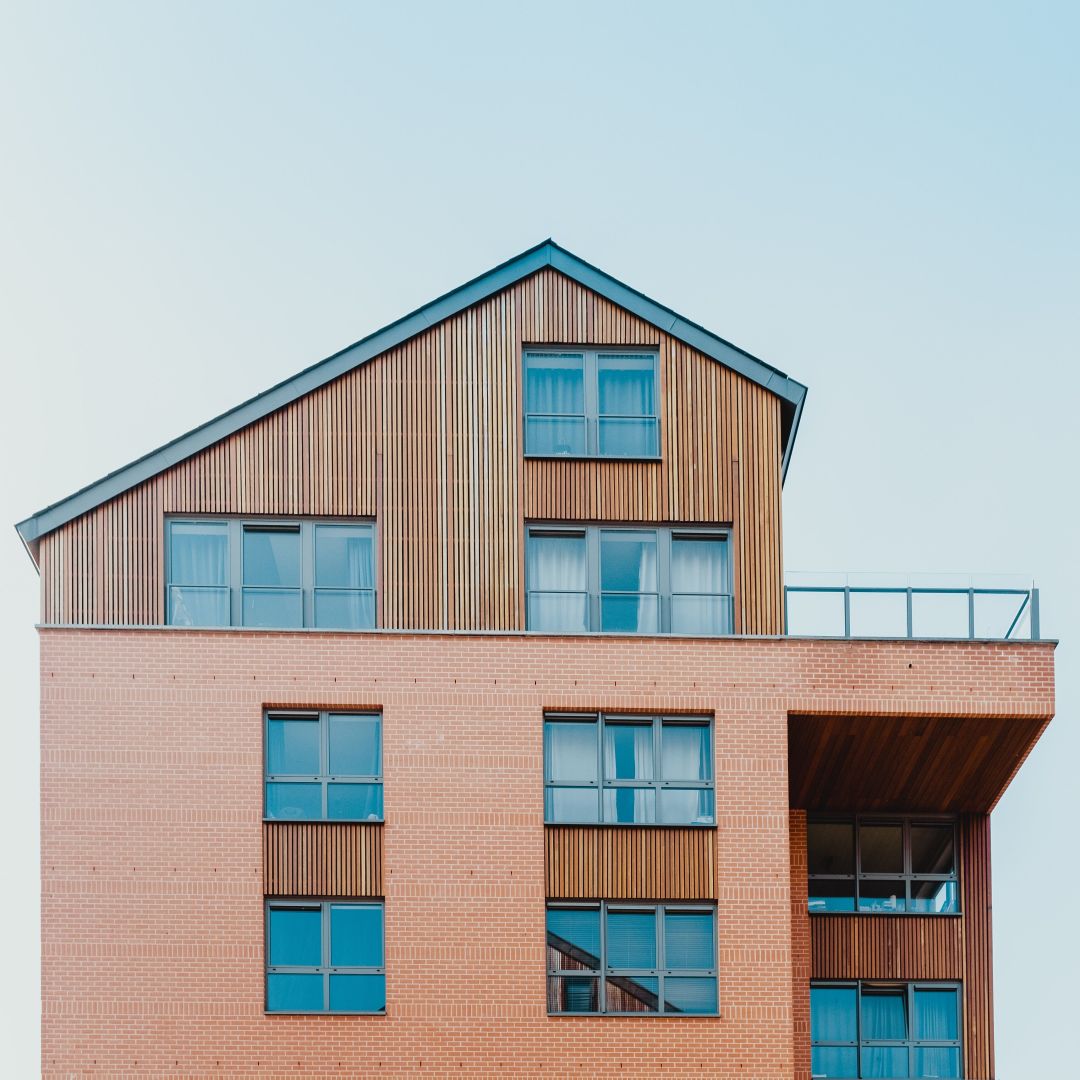By using our site, you agree to our cookie policy.
First time buyers guide
Congratulations! Looking to buy your first home is a huge step. In fact, it can be totally life-changing. So it’s normal to be a mixture of nervous and excited. That’s why we made our guide for first time buyers, so we could walk you through the process.

What an exciting time. Buying your first home can feel a little overwhelming — but we'll take it step-by-step. From getting a mortgage to making an offer, we’re here to help guide you through.
When it comes to buying your first home, it’s all about being prepared — especially when it comes to finances. Let’s look at the upfront costs and the ongoing ones. Costs involved in buying a house
The biggest costs you’ll run into when buying are the one-time, upfront costs. Don’t worry, we have guides for each. The deposit: As little as 5%, but normally more like 15%-20%. Learn more in our mortgage guide. Stamp duty: A land transfer tax on properties above £250,000 — the rate varies depending on the price of the property. Check out our stamp duty guide for more. Solicitors fees: Normally around £850-£1,500, but we offer a flat-fee service. It’s all there in our solicitors’ fees guide.
Upfront costs

Ongoing costs are often left off of first time buyers guides, but they’re important to consider. Bills, council tax, insurance — you’ll be paying all of these on top of your mortgage. Plus, any maintenance costs are down to you. No more calling your landlord (or your parents) when the shower breaks. You’re in the driver’s seat. The good news? You’re putting money into your own property, rather than paying rent on someone else’s. That feels good. Ongoing costs

If you think you can afford to buy, the first step is usually a mortgage. How do you get a mortgage — and how do you know you’ve found the right one? Here’s what you need to know. In most cases, you’ll need at least a 5% deposit to get on the housing ladder — but the average deposit amount is about 16%. The bigger the deposit you put down, the less you have to borrow — which can save you thousands of pounds in interest payments in the long run.
Getting a mortgage
Do you have a big enough deposit?
When looking at mortgages, try to ignore the jargon."
There are a lot of different types of mortgages out there. Interest-only mortgages, repayment mortgages, fixed-rate tracker mortgages — it can feel like a lot of information to take in, but it’s more straightforward than you think. For most people, a repayment mortgage is the most straightforward option. When in doubt, a broker or mortgage advisor can talk you through your options.
When looking at mortgages, try to ignore the jargon. A fixed-rate mortgage is exactly what it sounds like — you have one fixed interest rate for the entire mortgage. An interest-only mortgage is also what it sounds like — you’re only paying the interest on the loan, not the repaying the loan itself. It’s that simple. What type of mortgage should you choose?
A lender will normally loan you about four times your income — this is called your loan-to-income ratio. Maximizing your income means securing a bigger loan. Credit scores are also key, so it’s worth making sure there are no mistakes on your credit report. Normally lenders will “stress test” you for any changes that might come up to make sure you can afford the payments. Savings, outgoings — your general finances are important, so take some time and sit down with your bank statements. Give yourself the best chance
Look at your income
Check your credit score
Look at your savings and outgoings

Different banks and lenders have different criteria for their loans, so if you get rejected from one lender then you might still have luck with another. A mortgage broker can fight on your behalf to try and not just get you a mortgage, but the best mortgage for you — especially if you’re self-employed. But that comes with a fee — so you need to make sure it’s worth it.
At Strike, we offer independent mortgage advice without the jargon — and we have access to over 12,000 mortgage deals to make sure you get the best possible rate. You can find out more here.How to get a mortgage
Directly from a lender
Through a broker

Arrangement fees, booking fees, valuation fees, transfer fees — there are a lot of little fees that can crop up along the way. Be sure to read the fine print. You should also be aware of early repayment fees. Some lenders charge you extra for paying your mortgage down faster than expected. Have more questions? Don’t worry — check out our complete mortgage guide for more information. Mortgage fees to look out for
Finally, the fun part — property hunting. How do you find the right property for you? Well, it’s a balance between your head and your heart — or maybe we should say it’s a balance between your wallet and your heart. Firstly, look at your budget and the locations you are interested in. Location is probably the biggest factor when it comes to price, so try to work out a location you love and that you can afford. Looking at transport links, schools, local parks and amenities (and pubs, of course), can help you find your sweet spot. Finding the right property

Be sure to check the condition of the property — structural issues or plumbing problems could end up costing you a lot. You can take your time with it. Check if the home meets your needs, that it has the right number of bedrooms, and the right use of space that works for you. Most importantly, don’t feel rushed by whoever’s showing you around. You’re in control, so ask any questions you might have. Ready to view? Check out our full viewing guide with a home viewing checklist to get you ready for your first visit.
Viewing the property
Decide on your bidding strategy. Some people like to go in with a low-ball and work their way up, others like to go in with their highest possible offer right off the bat. "
It’s time to strike. Unless you’re buying directly, the estate agent will put in the offer for you. They can help you come up with a number, but ultimately up to you. Here’s what you need to keep in mind.
Decide on your bidding strategy. Some people like to go in with a low-ball and work their way up, others like to go in with their highest possible offer right off the bat. You can try to work out from the estate agent how open the seller is to offers, but they normally keep their lips pretty sealed. But a good estate agent will help guide you through making an offer. How to make an offer on your home
Before submitting
To make an offer, you normally just contact the estate agent of the seller — and they will go back to the seller with your bid. Then they either accept or reject your offer. If they reject it, you may want to counter with something higher — but only if it’s in your budget. You struck gold! It’s normal to be excited, but remember that neither you nor the seller has legally committed until the contract is signed. It’s a bit nerve-wracking knowing that things can still go wrong, but this is normally the stage where you would have the property surveyed and start the legal process. Things are starting to get serious. Making the offer
After your offer is accepted

Once your offer is accepted, there’s still work to be done. You might want to have a survey done to make sure the property is in good condition and then you’ll exchange contracts, which means you both have a legal obligation to go through with the sale, and transfer a deposit. The average time from offer to completion is about 12 weeks, though it can be much faster if both you and the seller are keen. This is also a period where things can go wrong — you’ll have to sure up your financing, you might have to negotiate over details like white goods or the moving date. A good estate agent will work with your lawyer and do most of the legwork for you, so it’s important you’re working with someone you trust. From offer to completion
Most people can move in on the same day as completion, but you’ll have to wait until the estate agent has confirmed receipt of funds and released the keys. There are a few different ways you can move. Moving in
You pack everything up, you rent a van, you bribe some friends to help in exchange for pizza. It’s a lot of work, but it’s a great way to move on the cheap. You'll just be paying for packing supplies and a van rental, if you need one. You take care of the packing, but you hire a van and movers to load, transport, and unload your belongings. The cost will depend on how much you have and how far you’re moving, but this is probably the most common moving option. It means that you do some of the work, but leave the heavy lifting to the professionals. Total DIY
Hire professional movers

Most moving companies will have a full-service option, where they take care of all of the materials, packing, and unpacking. It’s not cheap — in fact, you could spend thousands of pounds — but you do get to just sit back and relax. Once the moving is done, then you can really pop the champagne. Or just make a cup of tea. We won’t judge. The full package
There is a lot of life admin that comes with moving — even just changing your address. The Royal Mail also offers a temporary redirection service which can be handy for making sure any post finds its way to you while you update your address.Life admin and setting up
What do you need to update? Here’s a list of the most common address changes to get you started: Utilities (gas, electric, water, internet, TV licence, etc.) Council tax (and voter registration) Milk and newspaper deliveries Your driver’s licence details Bank and credit card companies Your employer Any subscriptions you might have

find a property
Find your dream home
Ready to Strike? Search all properties we've got on the market right now.

First time buyers FAQs
How do you qualify for first-time homebuyer tax relief?
Being a first-time buyer means you haven’t owned property before — here or anywhere else in the world. If you’re buying with a partner, both of you have to be first time buyers to benefit from incentives like lower stamp duty.
Do the first time buyers pay stamp duty?
What programs are available for first time home buyers?
How much deposit do you need?
Can you buy a house on minimum wage?
Are there any first-time homebuyer incentives?
What government schemes are there for first-time buyers?
Is buying to let a good idea?
Strike feel free
Copyright © Strike Limited 2024

